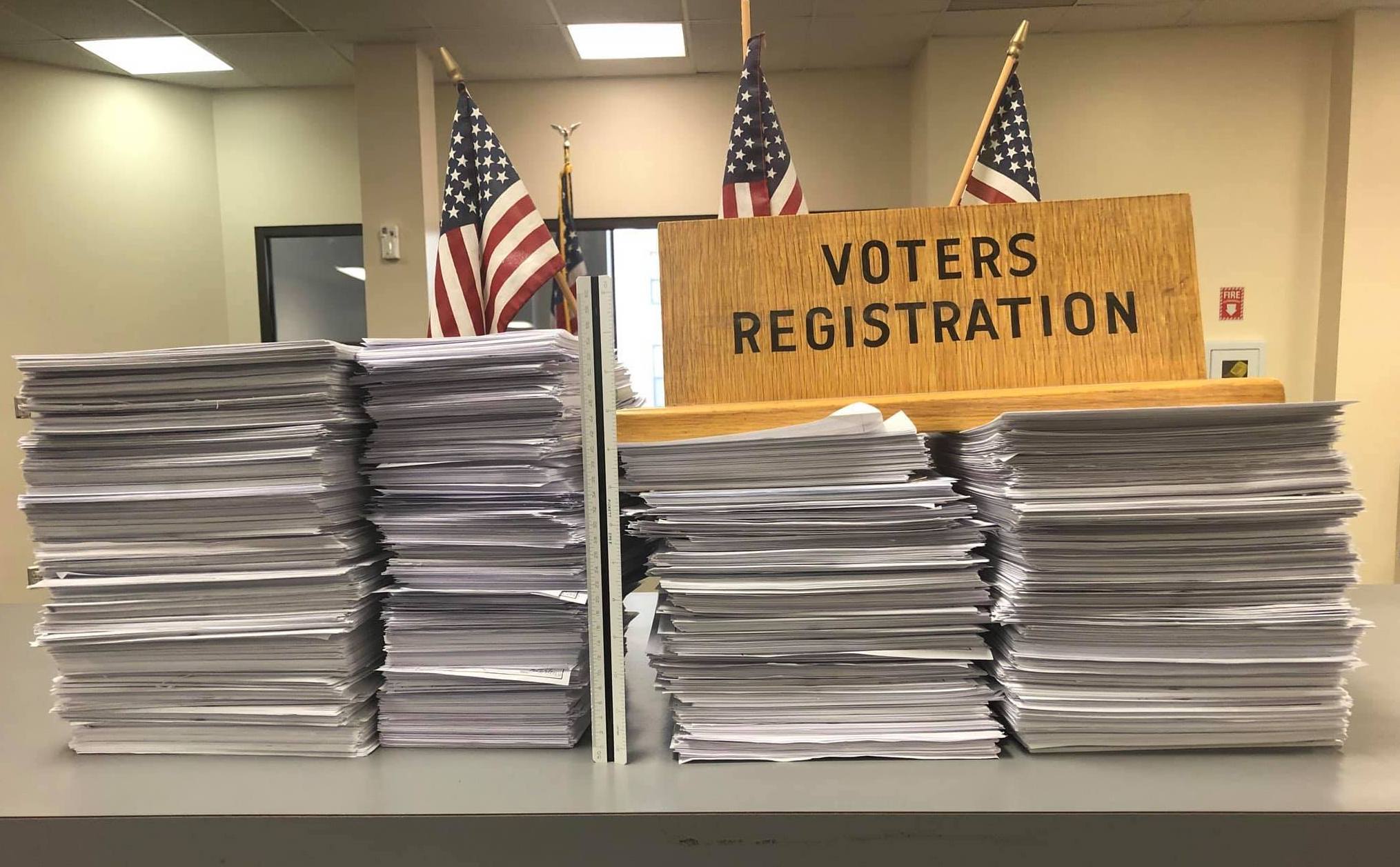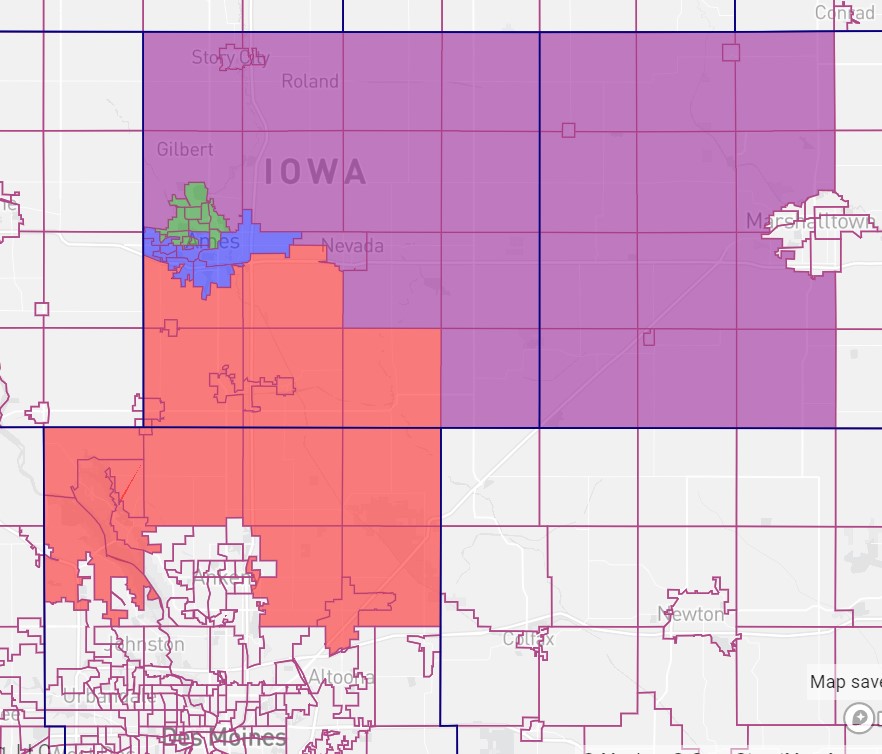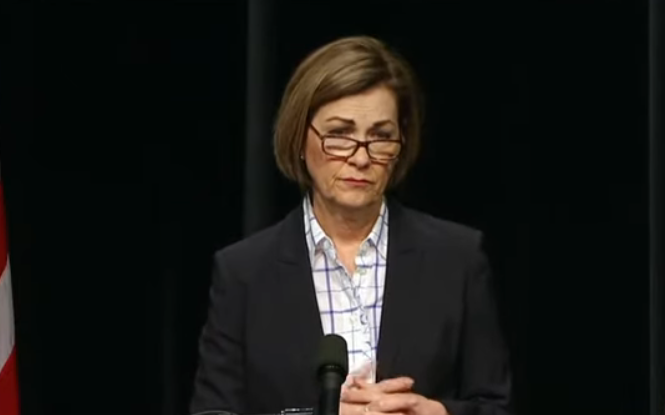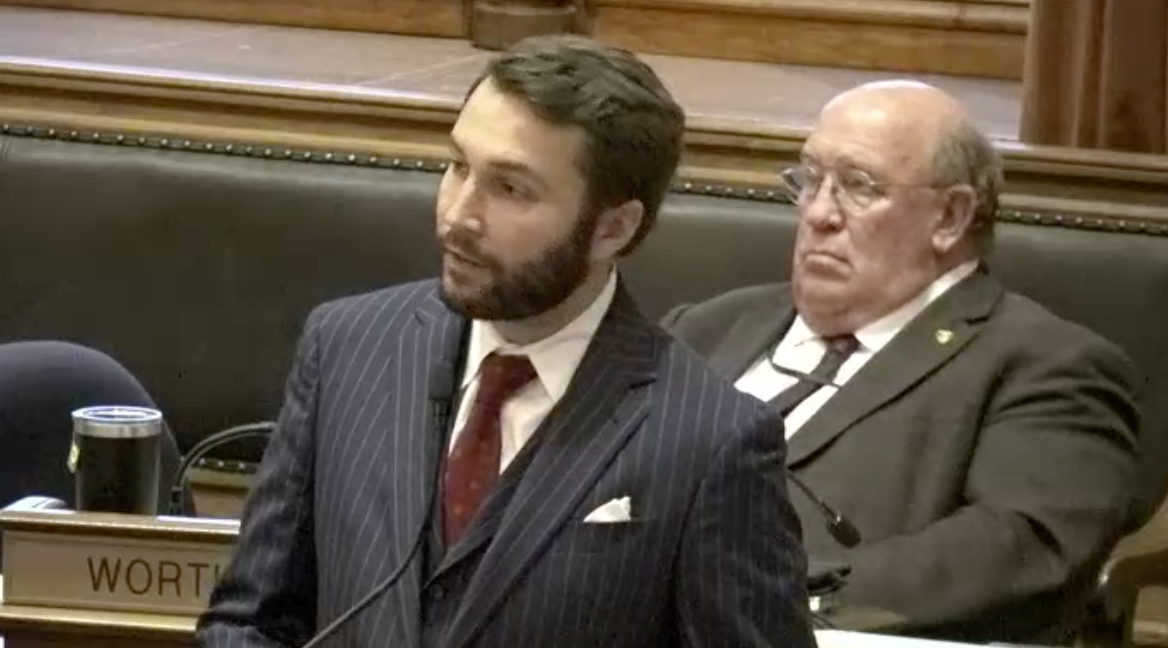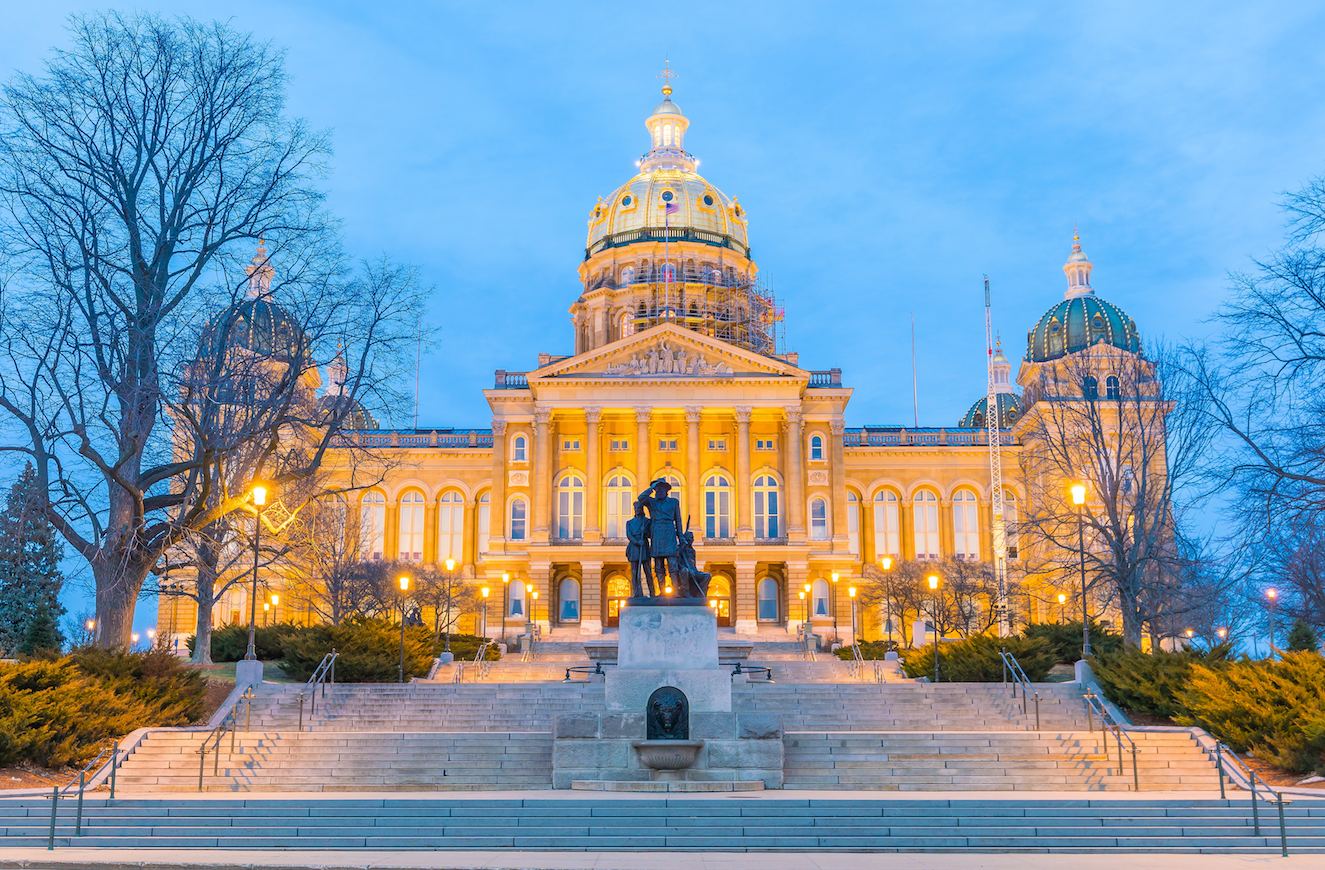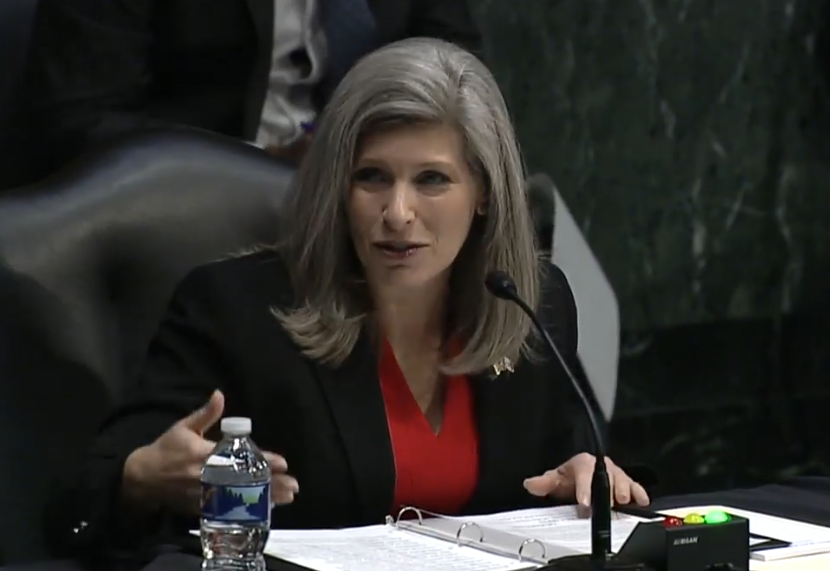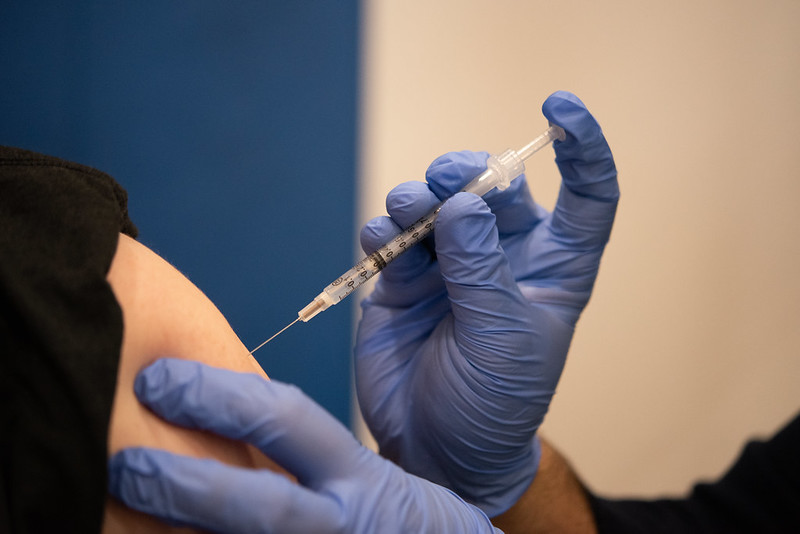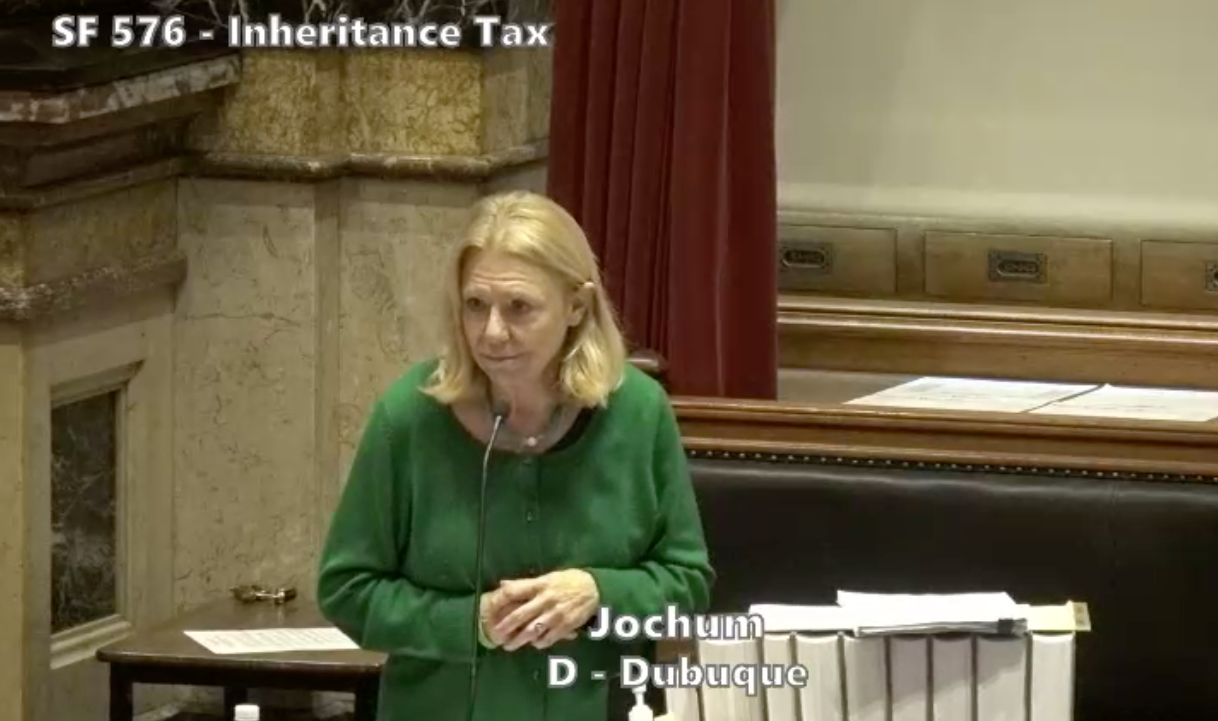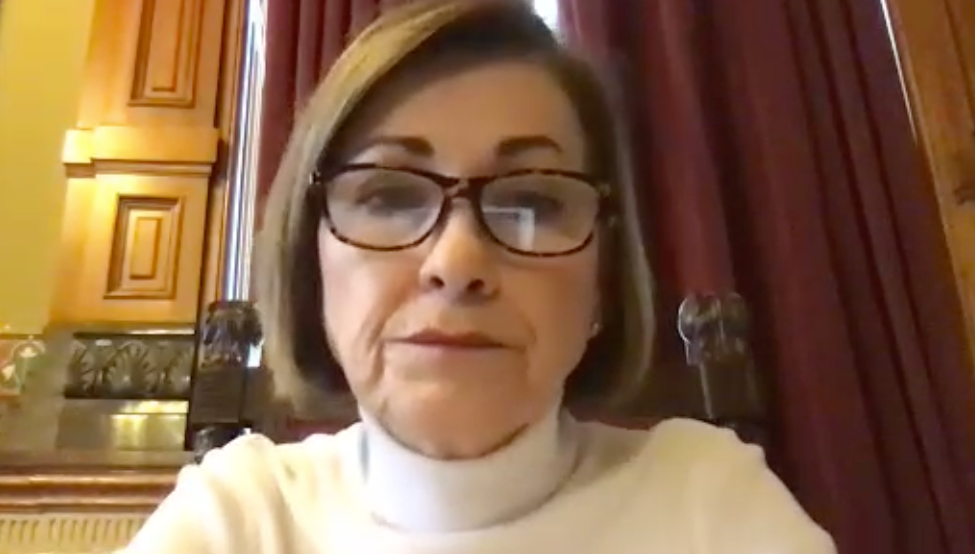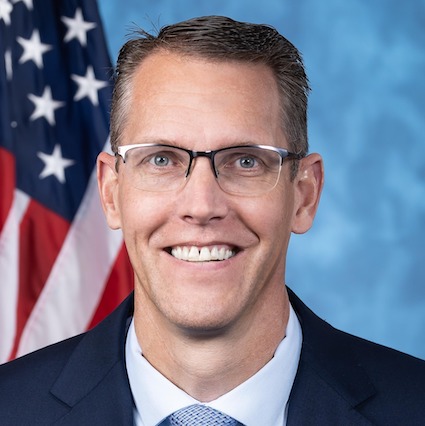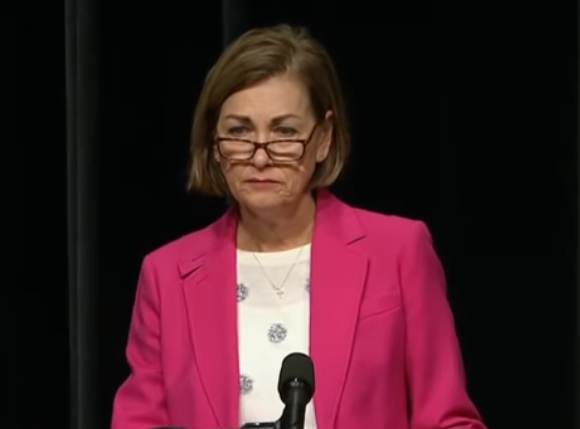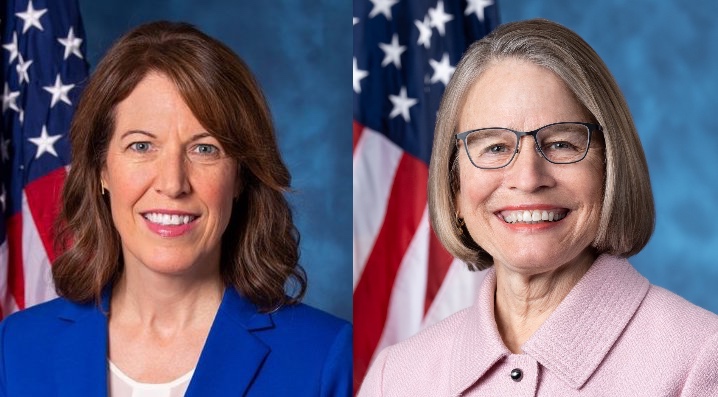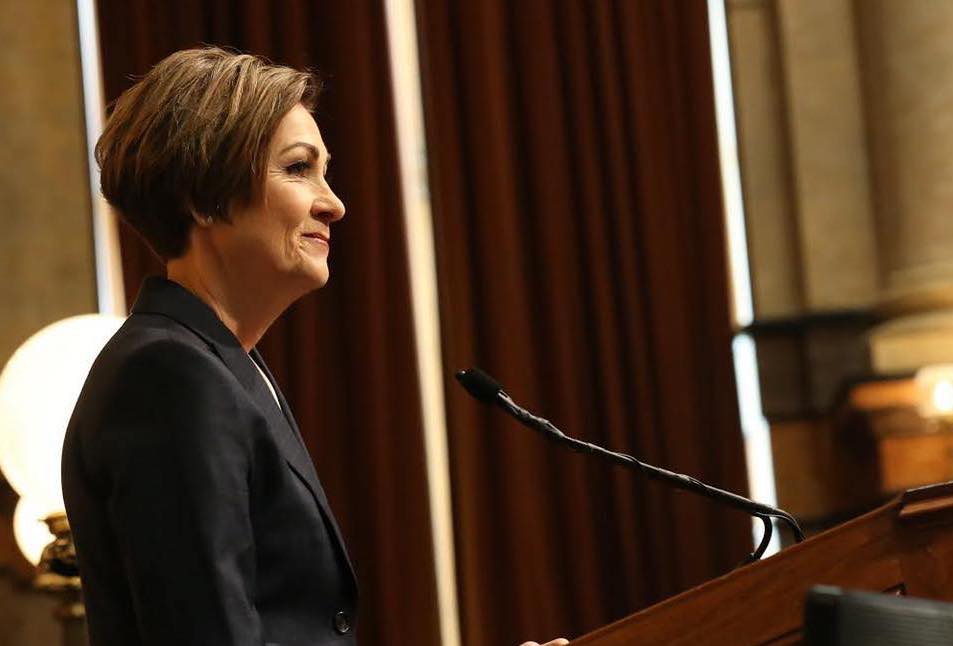Bryce Smith chairs the Dallas County Democrats. promoted by Laura Belin
Iowa has a rich tradition of voting integrity, from the way we draw legislative districts, to our access to early voting, election day voting, and ways in which to register to vote. We might call the system the “Iowa Nice” part of the U.S. election system.
Sadly, Iowa’s GOP-led legislature recently approved and Governor Kim Reynolds signed yet another bill full of voting restrictions, labeled “voter suppression” by Democrats and hailed as “election integrity” by some Republicans. This comes just a few years after the GOP-led legislature in Iowa passed sweeping voting rights changes and restrictions in 2017.
Republicans across the country have no plan for how to become more competitive in the national popular vote, so they have focused on keeping power by making it harder for those who don’t support them to cast ballots.
With no clear path to enact a federal Voting Rights Act, given the Senate filibuster, how can Democrats defend democracy in GOP-controlled states?
Continue Reading...
